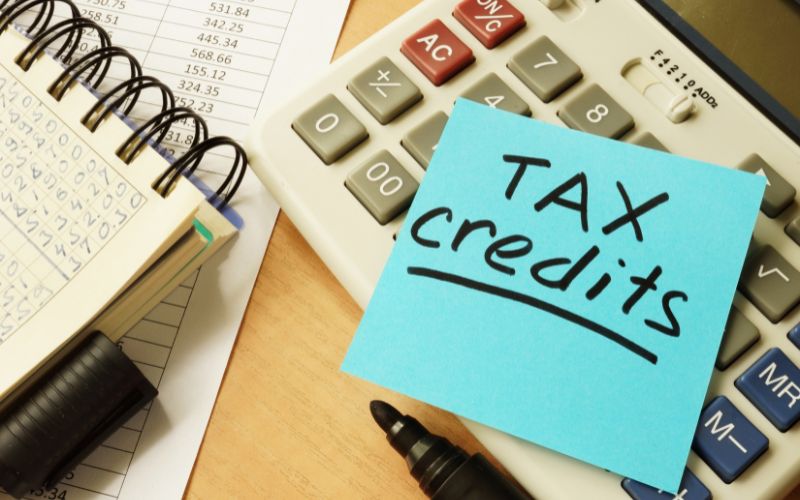Annual Federal Tax Update
This article is the part 3 of 4 in a series:
A curated list of updates to prepare you for tax season 2023

There are many tax credits and deductions that can help you reduce your tax liability or increase your refund. Here are some of the most important ones:
The Earned Income Tax Credit (EITC)
A refundable tax credit for low-income workers, especially those with qualifying children. The credit can range from $538 to $6,660 depending on your income, filing status, and number of children. You can claim the EITC if you meet certain eligibility requirements.
The Child Tax Credit
A non-refundable tax credit for parents of children under 17 years old. The credit is worth up to $2,000 per child, but it phases out based on your modified adjusted gross income (MAGI). You can also claim an additional $1,000 if you have a qualifying child from a previous relationship.
The Non-Child Dependent Credit
A new non-refundable tax credit for dependents who do not qualify for the Child Tax Credit. For example, this could be a child who is 17 or older or any dependents like elderly parents. This credit is worth $500 and can be claimed by taxpayers who have no other dependents.
The Work Opportunity Tax Credit (WOTC)
A refundable tax credit for employers who hire members of certain underrepresented groups, such as veterans, ex-felons, or people with disabilities. The credit can be up to $9,600 per employee and up to $38,000 per employer. You need to complete Form 8850 to claim this credit.
The Advanced Energy Project Credit
A non-refundable tax credit for businesses that invest in clean energy projects that meet certain criteria. For example, this could be a solar panel installation or a wind turbine project. The credit ranges from 30% to 40% of the project cost and has no phase-out based on income.
The Clean Electricity Investment Credit
A non-refundable tax credit for businesses that invest in clean electricity generation or transmission projects that meet certain criteria. For example, this could be a solar farm or a wind farm project. The credit ranges from 30% to 40% of the project cost and has no phase-out based on income.
The Clean Fuel Production Credit
A non-refundable tax credit for businesses that produce clean fuels from renewable sources, such as biomass or biogas. The credit ranges from 30% to 40% of the production cost and has no phase-out based on income.
These are just some of the new tax credits available for individuals and businesses in 2023. There are many more credits and deductions that you may qualify for depending on your situation. You can this interactive guide to find out more about them.
